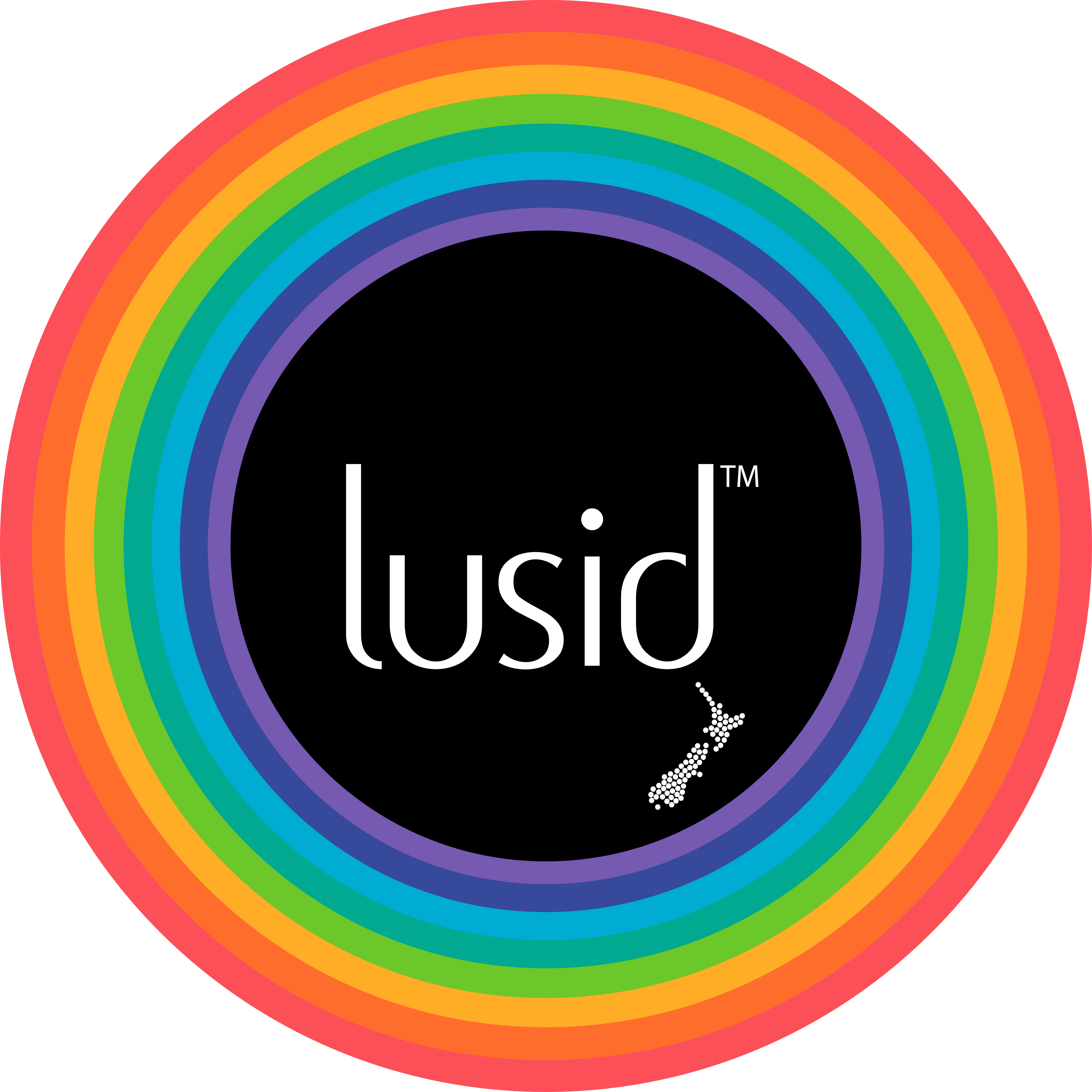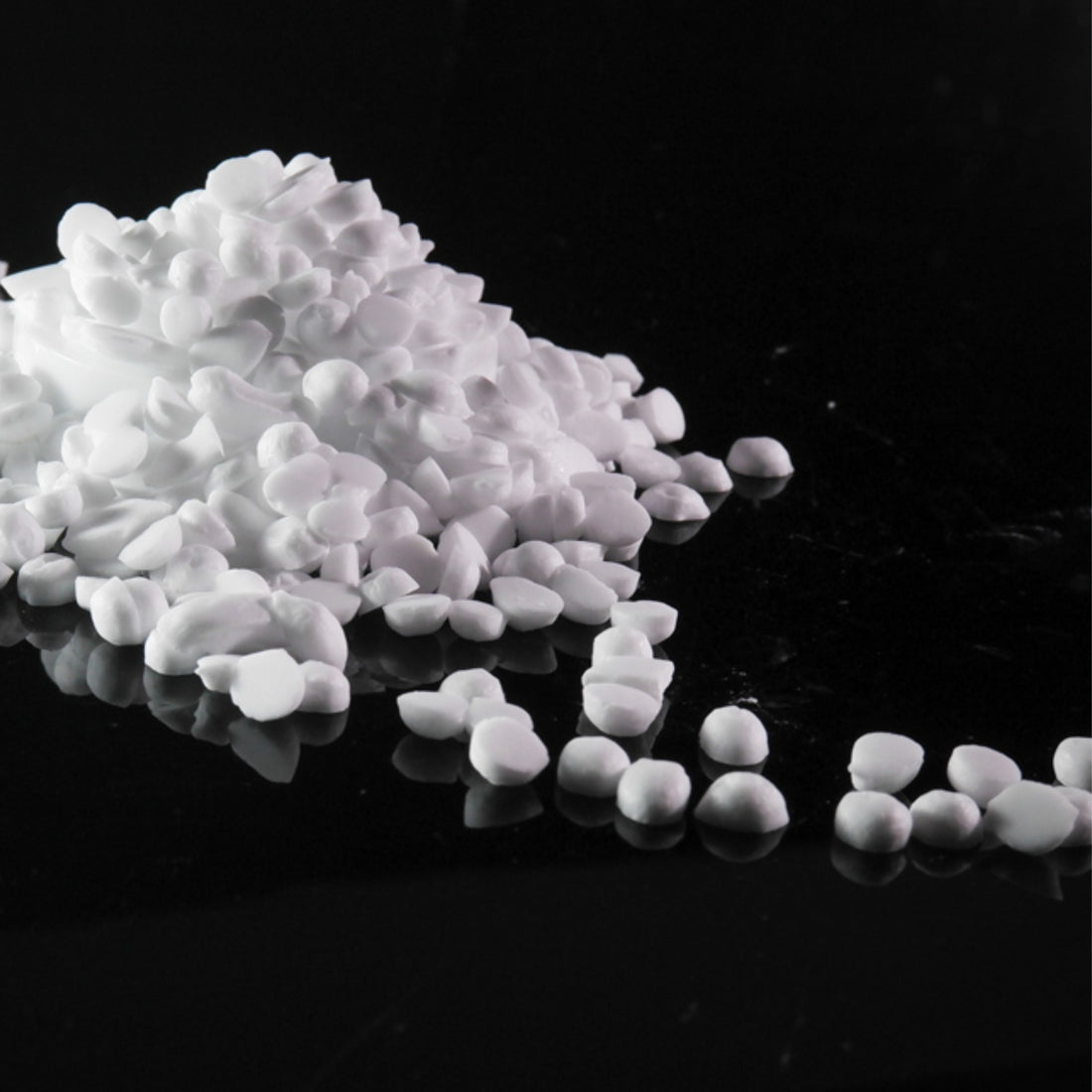Unlocking the Mystery: The Vital Role of Alcohols in Hair Care
In the vibrant realm of hair care, alcohols stand as intriguing, multifaceted ingredients. Unraveling their secrets isn't just about reading labels; it's your backstage pass to nurturing, empowered choices for luscious locks.
Some alcohols, like fatty alcohols, work magic, hydrating and pampering your hair, while others, the drying alcohols, can turn your tresses into tumbleweeds. Dive into this knowledge pool, and suddenly, selecting hair care products becomes an art – one where you wield the brush for healthier, more vibrant locks.
But it doesn't stop there. Armed with this wisdom, you're not just a consumer; you're a savvy detective, decoding labels like a pro. Bid farewell to the mystery and embrace informed choices that prevent dryness, frizz, and unwanted damage.
And it's more than just your hair; it's about leading a movement. By becoming an ingredient-conscious consumer, you champion awareness, ethics, and sustainability. You're not just caring for your locks; you're contributing to a larger tapestry of mindful choices in the beauty realm.
So, why settle for a generic hair care routine when you can curate an experience tailored to your hair's unique needs? Let this education be your passport to a world where every choice enhances not just your locks but your overall well-being. Cheers to a vibrant, informed, and fabulous hair care journey!
Deciphering Alcohols in Hair Care: Understanding Their Impact
Alcohols in hair care products can broadly be categorised into two main types based on their effects: the fatty alcohols and the drying alcohols. Let's explore these two commonly found in our hair care routines.
1. Fatty Alcohols: Nourishing Heroes
Fatty alcohols are generally considered beneficial for hair due to their moisturizing and conditioning properties. Derived from natural sources like coconut or palm oil, these alcohols possess a unique power: they're moisture-locking dynamos your hair craves. Unlike their drying counterparts, they focus on nourishment. Here are some common fatty alcohols that are good for your hair:
Properties: Acts as an emollient and thickening agent.
Benefits: Adds creaminess to hair care products, aids in moisture retention, and contributes to soft and smooth hair.
Properties: Fatty alcohol with emollient characteristics.
Benefits: Enhances the texture of hair care formulations, improves manageability, and contributes to overall hair softness.
Properties: A blend of cetyl and stearyl alcohols, serving as an emollient and thickening agent.
Benefits: Contributes to the texture and thickness of hair care products, providing conditioning benefits for the hair.
Properties: Fatty alcohol with emollient properties.
Benefits: Enhances the overall texture of hair care formulations and helps condition the hair, leaving it soft and manageable.
These fatty alcohols are commonly found in various hair care products, including shampoos, conditioners, and styling products. They play a crucial role in providing moisture, improving the texture of formulations, and contributing to the overall health and appearance of the hair.
When selecting hair care products, especially if you have dry or frizzy hair, seek formulations containing these fatty alcohols. They are generally well-tolerated by different hair types and contribute to a luxurious and nourishing hair care experience.
2. Drying Alcohols: Moisture's Adversaries
Enter drying alcohols like ethanol, propanol, and isopropyl alcohol—the evaporation experts. They vanish rapidly, taking your hair's natural moisture with them.

These alcohols act as mini moisture-vacuums, stripping away natural oils and causing dryness, frizz, and potential damage. Prolonged use weakens hair strands, leading to brittleness and dullness.
Think of them as swift winds over a parched landscape—your hair loses its hydration, becoming brittle and rough. Avoiding products with these drying alcohols helps maintain well-hydrated, vibrant hair.
Why Do We Need Alcohols in Hair Products?
Alcohols in hair care products wear multiple hats, serving a spectrum of essential roles that often remain unnoticed behind the scenes.
- Emulsifiers and Ingredient Blending: These alcohols are like conductors in a symphony, harmonising different ingredients within a product. They act as emulsifiers, ensuring seamless blending between oil and water-based components. This blending prowess is crucial, creating a uniform formulation that prevents ingredient separation, ensuring product effectiveness and consistency.
- Texture and Consistency Enhancers: Ever wondered why your favorite hair products feel so smooth and easy to apply? Thank the alcohols. They significantly contribute to texture and consistency in hair care formulations. By fine-tuning viscosity and thickness, they help create products that effortlessly spread through your hair, offering a delightful sensory experience while ensuring even application.
- Delivery Agents for Beneficial Ingredients: These versatile alcohols act as carriers, facilitating the delivery of other beneficial ingredients deeper into the hair shaft. By aiding the penetration of key components like moisturisers, vitamins, or proteins, they ensure these nourishing elements reach where they're needed most, enhancing the overall effectiveness of the product.
In essence, while alcohols might sometimes receive a bad rap, particularly those of the drying variety, their multifaceted contributions in creating well-formulated hair care products cannot be overlooked. They're the silent architects behind the perfect blend of ingredients, ensuring your hair receives the optimal care it deserves.
What to Avoid? A Guide to Drying Alcohols
Here's a list of drying alcohols commonly found in hair care products, along with their potential harmful effects:
- Ethanol (SD Alcohol 40)
Found In: Hair sprays, mousses, and some gels.
Effects: Rapid evaporation leading to hair drying, stripping natural oils, causing dryness, frizz, and potential damage with frequent use.
- Isopropyl Alcohol
Found In: Some hair color products, setting lotions, and styling sprays.
Effects: Rapid evaporation contributing to moisture loss, leaving hair dry and brittle over time.
- Propanol
Found In: Some styling gels, hair sprays, and volumising products.
Effects: Acts as a solvent, contributing to stripping natural oils, causing dryness, and potential damage, particularly in higher concentrations.
- Denatured Alcohol (Alcohol Denat)
Found In: Various styling products, hair sprays, and some hair dyes.
Effects: Used as a solvent and to aid in product drying, excessively drying to hair, making it brittle and prone to breakage.
While rapid evaporation rates of these alcohols aid in quick product drying, they also remove moisture from the hair, leaving it vulnerable to dryness, frizz, and potential damage with prolonged or repeated use.
Tips for Choosing Hair Products
When scanning product labels for your hair care arsenal, here's a handy guide to ensure you're making informed choices, especially if you're avoiding drying alcohols:
-
Spot Fatty Alcohols: Look for ingredients like cetyl alcohol, stearyl alcohol, or cetearyl alcohol. These fatty alcohols are your hair's moisture superheroes, renowned for their nourishing properties. They provide hydration and softness without causing dryness, making them fantastic for dry or frizzy hair.
-
Opt for "Alcohol-Free" Formulations: Keep an eye out for products explicitly labeled as "alcohol-free." This indicates the absence of drying alcohols like ethanol, isopropyl alcohol, or denatured alcohol, which can be detrimental to maintaining your hair's natural moisture. Choosing alcohol-free options can prevent dryness and potential damage, particularly for those with sensitive or dry hair.
-
Look for Moisturising Ingredients: Besides avoiding drying alcohols, seek products containing moisturising components such as glycerin, aloe vera, avocado oil, jojaba oil, and shea butter. These ingredients work synergistically with fatty alcohols to lock in moisture, keeping your locks hydrated and healthy.



-
Be an Ingredient Detective: Flip that bottle and scan the ingredients list! Sometimes, alcohols hide under different names or as part of a compound. Spot terms like "alcohol denat," "SD alcohol," or variations of propanol, isopropyl alcohol, or ethanol, signaling potentially drying alcohols.
By choosing products containing fatty alcohols or labeled as "alcohol-free" and by being mindful of moisturising ingredients, you're taking proactive steps to nurture your hair's health and maintain its natural moisture balance.
Conclusion:
Understanding the nuanced impact of alcohols in hair care unveils a crucial aspect of informed decision-making for vibrant and healthy locks. Fatty alcohols emerge as stalwart allies, nurturing hair with moisture and softness, while drying alcohols act as adversaries, depleting natural hydration and inviting damage. Alcohols aren't just components but orchestrators behind well-formulated products, blending, enhancing texture, and delivering essential elements. By selecting products wisely—embracing nourishing ingredients, sidestepping drying alcohols, and decoding labels—individuals empower themselves to curate hair care routines that champion their hair's resilience and radiance. Armed with this knowledge, each choice becomes a step towards nurturing hair's well-being and showcasing its natural vibrancy.

